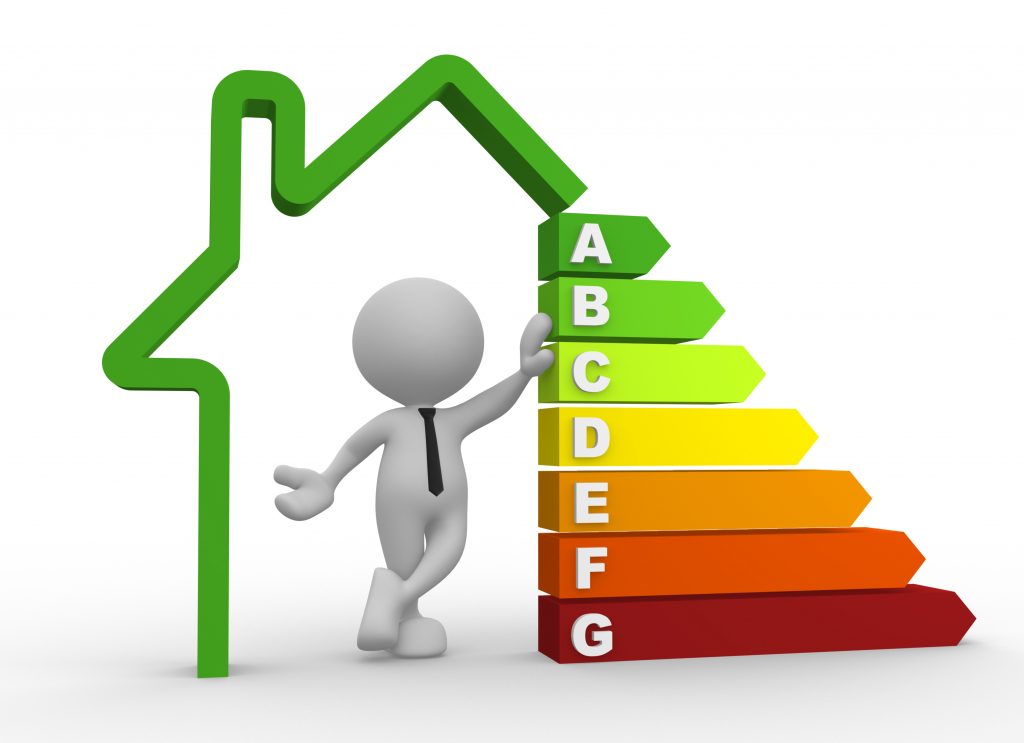In 2018, EPC requirements changed for landlords through the introduction of a minimum energy rating of ‘E’ or above for new tenancies. This rule has since been expanded to include all tenancies, not just new ones.
Energy Performance Certificates have been around in England and Wales since 2008 and are commonly referred to as EPC’s, they are designed to encourage private landlords and new home builders to make their properties as green as possible by providing good home insulation, efficient heating systems and a whole slew of energy saving measures that when adopted will lower the carbon footprint of the average home immensely.
Energy Performance Certificates are rated from A (the best) to G(the worst) with E (the current minimum), whether the home is new build or not, this has been in force since the 1st of April 2018.
In 2021, changes to the Minimum Energy Efficiency Standards were announced that will affect landlords and rentals from 2025. It is not legal to offer a property or home for rent unless it meets this minimum requirement. This is set to change in 2025 as legislation currently proposed will increase this requirement to ‘C’ or higher starting with new tenancies before being extended to all rental properties as an important milestone towards the governments net-zero carbon target of 2050.
Landlords who do not comply with these new regulations, will face increased penalties, possibly as high as 30,000.
What is an EPC?
An Energy Performance Certificate gives detailed information about your property’s energy efficiency and carbon dioxide emissions. To receive an EPC, you must have an Energy Assessment Survey carried out at your property. Your Domestic Energy Assessor will perform internal and external inspections to determine how energy efficient your building is and what possible level of efficiency is achievable if improvements are made.
Some of the things your assessor will take a look at are:
- Windows, Roofs, walls and insulation as well as Boilers and heating systems and any Renewable energy devices such as solar panels or wind turbines.
- Once your assessor has performed a full inspection, they will put together your EPC and grade your property’s energy performance. Once your EPC has been issued, it is then valid for ten years. Once it runs out, you do not need to get a new one unless you are entering a new tenancy with new tenants or selling the property.
Your EPC will also come with a recommendation report containing advice and improvements that will make your property more energy-efficient. Your assessor’s suggestions may include:
Installing cavity wall and loft insulation as well as draught-proofing windows and doors, insulating pipes and tanks, the installation of a condensing boiler and a whole slew of energy efficient measures appropriate for the property.
If you haven’t got an EPC yet, you’ll need to book your Energy Assessment as soon as you can. The inspection itself will only take around 30 to 40 minutes.
Book your Energy Performance Certificate today with a qualified assessor.


Comments are closed.